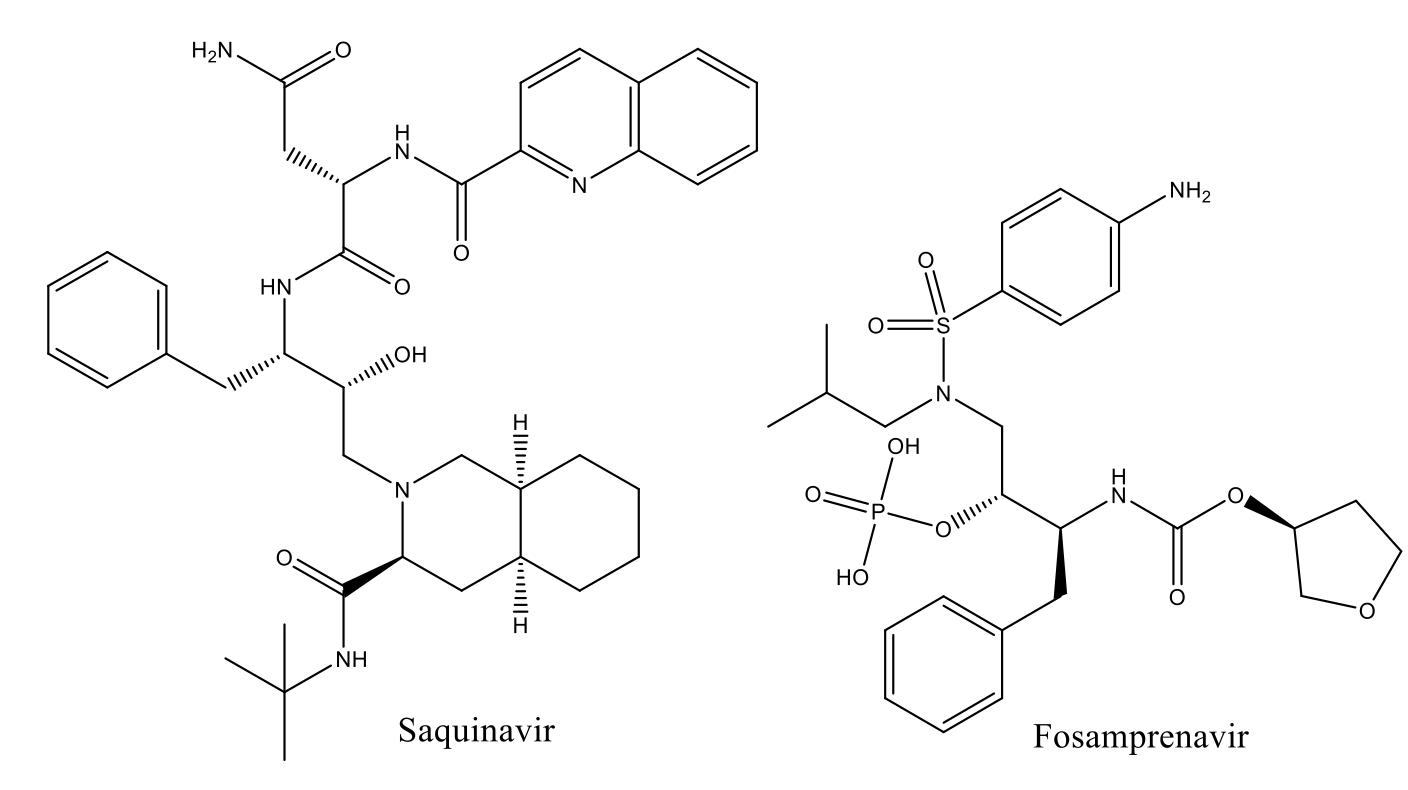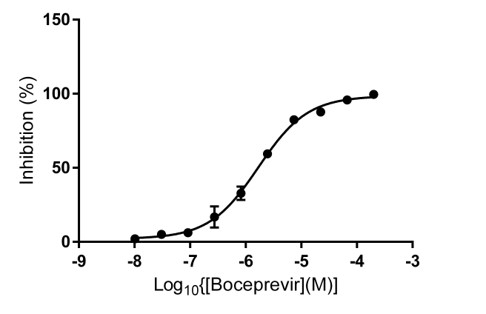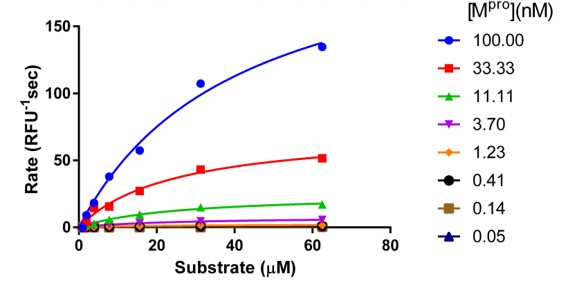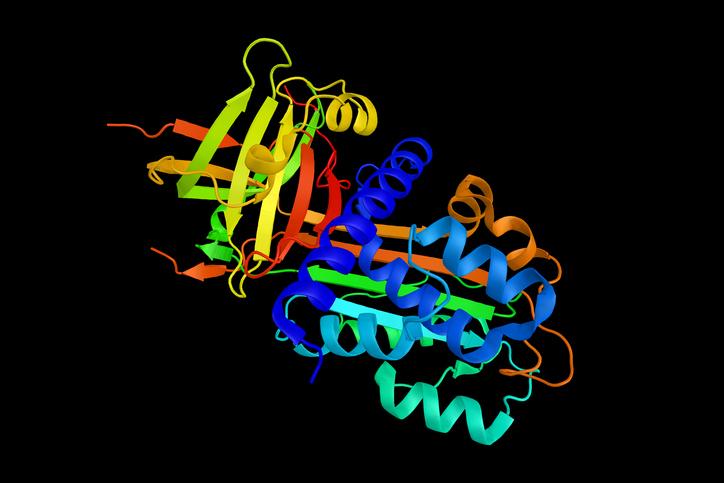- About
-
Solutions
-
Services
- Biosciences
- Chemistry
- Integrated Drug Discovery
- Computer Aided Drug Design
- Hit Identification
- Target Classes and Modalities
- Therapeutic Areas
-
A-Z
- A
- B
- C
- D
- E
- F
- G
- H
- I
- K
- L
- M
- N
- O
- P
- R
- S
- T
- V
- X
-
Services
- Library
- News & Events
- Careers
Proteases
Developing protease inhibitor drug candidates
Proteases, also known as proteolytic enzymes, catalyse protein degradation by hydrolysis of peptide bonds. Proteases regulate vital physiological processes by controlling the activation, synthesis and turnover of all proteins.
Dysregulation of protease activity can lead to pathologies such as cardiovascular and inflammatory diseases, cancer, osteoporosis and neurological disorders.
According to bioinformatic analysis of the genome, proteases account for approximately 2% of the genes in humans and, unsurprisingly, they represent an important class of therapeutic targets, with many examples of protease inhibitors having already been approved as medicines (e.g. Saquinavir, the first protease inhibitor to be approved by the FDA and the prodrug Fosamprenavir).1,2

Protease Drug Discovery at Domainex
Domainex scientists have successfully worked on several protease inhibitor projects. One example is a project undertaken with Prof Clive Robinson of St George's University of London, funded by the Wellcome Trust. Medicinal chemists at Domainex collaborated with scientists at St George's University and the University of Manchester to develop inhibitors of the dust mite cysteine protease, Der p 1. The team successfully designed a series of potent, novel, reversible inhibitors which culminated in the nomination of a candidate drug. Click here to see the full case study.
Domainex is also working with LUNAC Therapeutics, a University of Leeds spin-out biotech company, to develop inhibitors of the protease target, activated Factor XII. This project aims to develop a new oral anticoagulant treatment with minimal bleeding risk, which is a major side effect of existing and emerging anticoagulant drugs. There is strong evidence that inhibition of activated Factor XII will not increase the risk of bleeding. Domainex is providing integrated drug research services, including medicinal chemistry, biochemistry and ADME support. The LUNAC team has been particularly keen to access the Domainex expertise in both cardiovascular and protease research.
In addition, Domainex has recently formed a collaboration with Heptares Therapeutics to identify inhibitors of the SARS-Cov-2 main protease (Mpro). As part of this programme, Domainex has established a biochemical assay for Mpro and subsequently screened compounds provided by Heptares (example data is shown in Figures 1 and 2).

Figure 1: Inhibition of SARS-CoV2 Mpro by Boceprevir

Figure 2: Michaelis-Menten Kinetics of SARS-CoV2 Mpro
If you would like to access the Domainex expertise in protease research to support your own programme we would be delighted to hear from you.
References
1. Targeting proteases: successes, failures and future prospects. Turk; Nat. Rev. Drug. Disc., 2006, 5, 785–799.
2. Protease Inhibitors in the Clinic, Abbenante and Fairlie, Medicinal Chemistry, 2005, 1, 71–104.
Domainex press releases in the protease field
LUNAC Therapeutics selects Domainex as its strategic drug discovery partner
25th February 2020
Domainex article featured on the front cover of Molecular Pharmacology
20th December 2018

Start your next project with Domainex
Contact one of our experts today